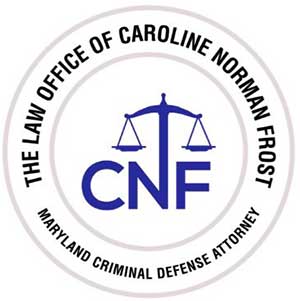The epidemic of drug addiction shows no signs of abating. That’s why in recent years, state lawmakers throughout the country have enacted laws they hope will at least lessen the number of overdose deaths.
These “Good Samaritan” laws give some immunity from arrest and prosecution for drug-related charges to those who report an overdose and remain at the scene to provide information to first responders and law enforcement as well as for those who are able to seek help for their own overdose.
Each state’s law is somewhat different. Some have more restrictions than others. Some provide more immunity than others. All recognize that the faster someone gets medical attention, the greater their chances are of surviving. Let’s look at Maryland’s law.
Protections offered by Maryland’s law
State law provides immunity from arrest and prosecution for offenses involving the possession or use of a dangerous controlled substance or drug paraphernalia. It also provides some immunity from prosecution for being a minor in possession of alcohol or providing alcohol to a minor. The law further protects someone who seeks help “in good faith” for themselves or another person from being penalized for violating a condition of their probation, parole or pre-trial release.
Some state lawmakers are seeking to extend this immunity to drug distribution offenses as well as some other misdemeanor offenses. That effort hasn’t yet succeeded.
The limitations of the law
It’s important to be aware of some limitations of the law. For example, it only applies to the person who called for help – not to others who might just be standing around at the scene. It also only applies to certain criminal offenses that officers become aware of only because they responded to a call for help.
Of course, it’s always the right thing to seek help for someone (including yourself) who is in serious medical distress and deal with any legal consequences later. Even if the law doesn’t specifically provide immunity for you, the fact that you acted to try to save a life cannot be ignored by those responsible for arresting and charging you. If you’re facing charges or other legal consequences after seeking emergency medical aid, it’s crucial to have legal guidance to protect your rights and present your case.

